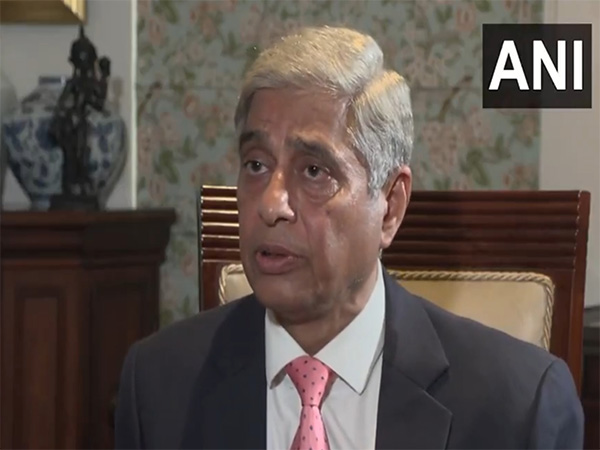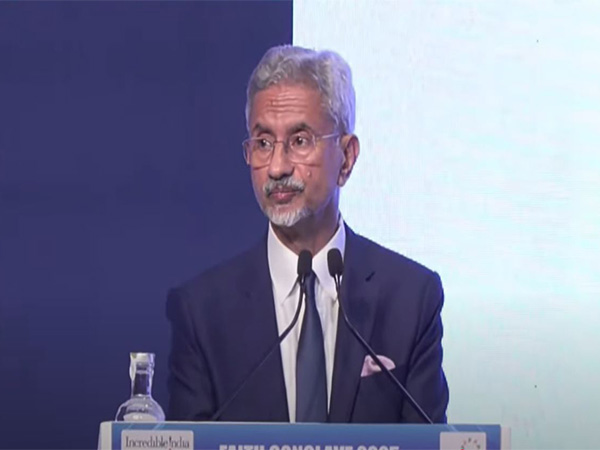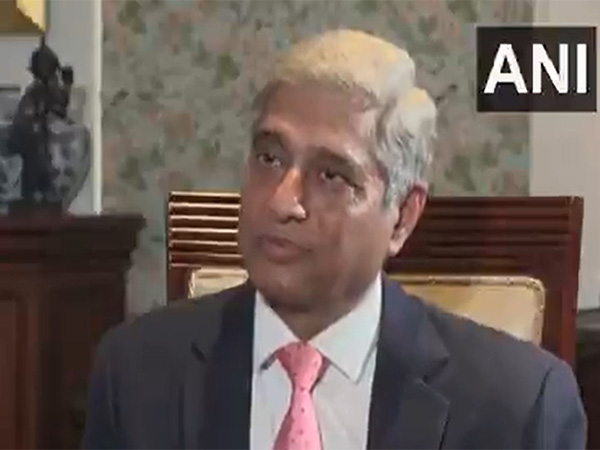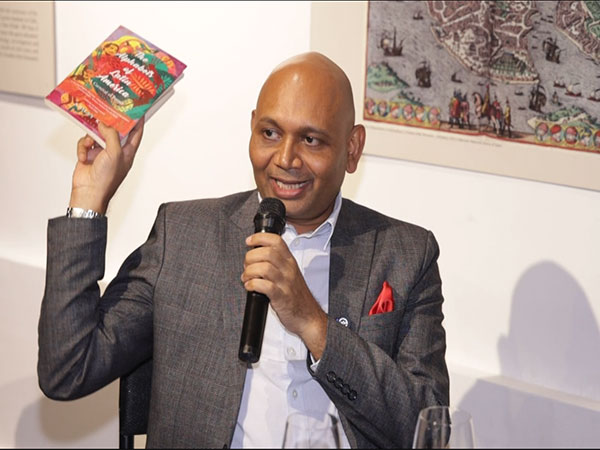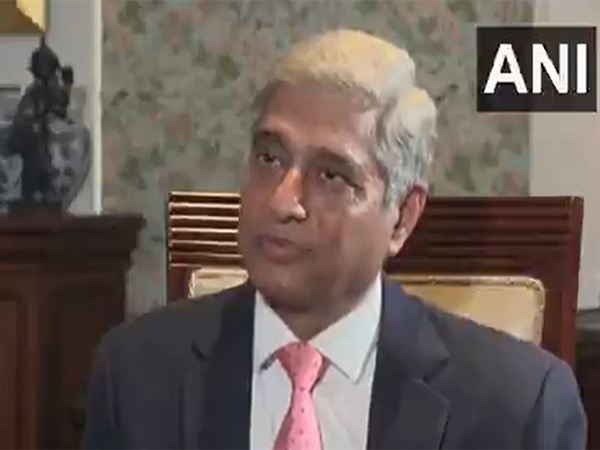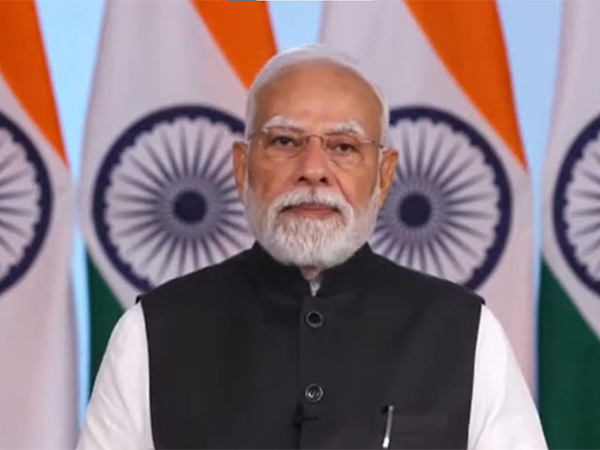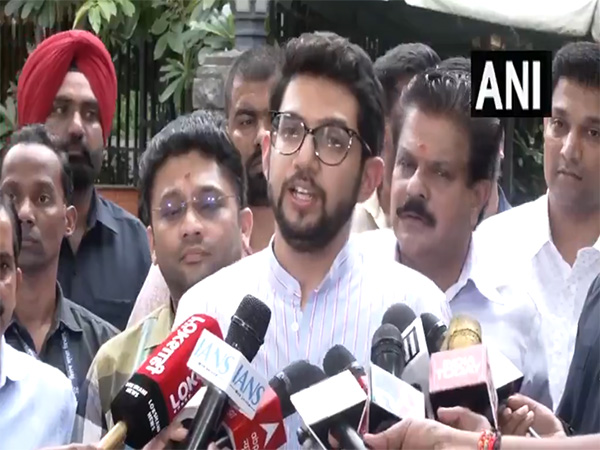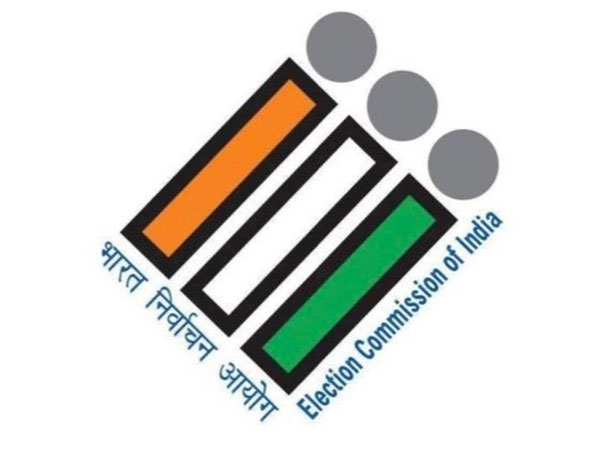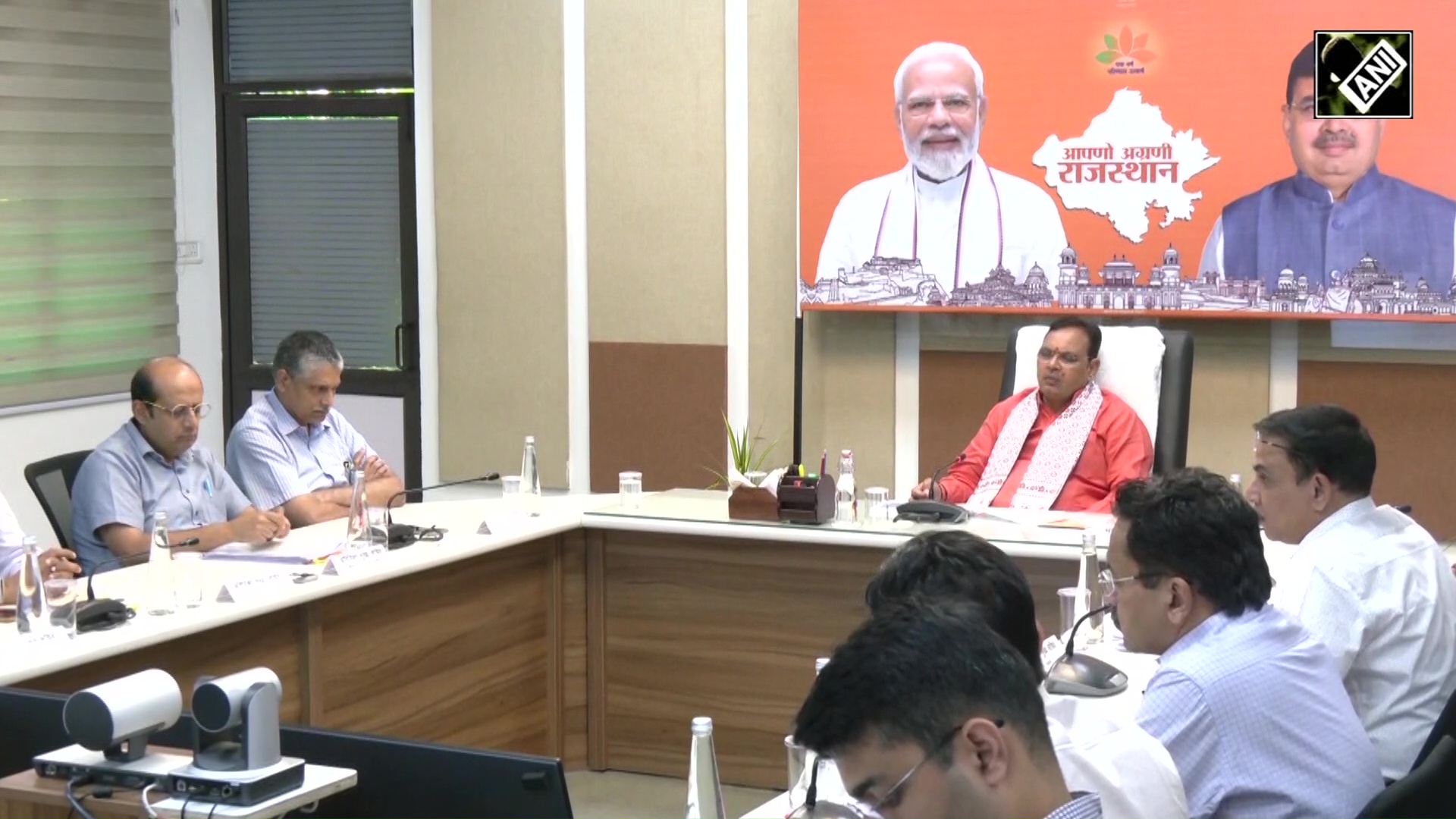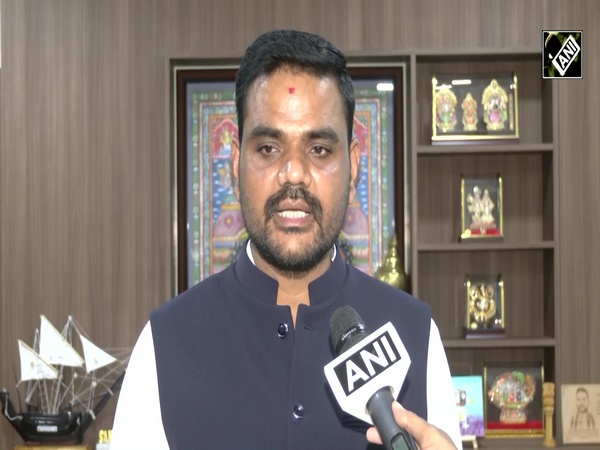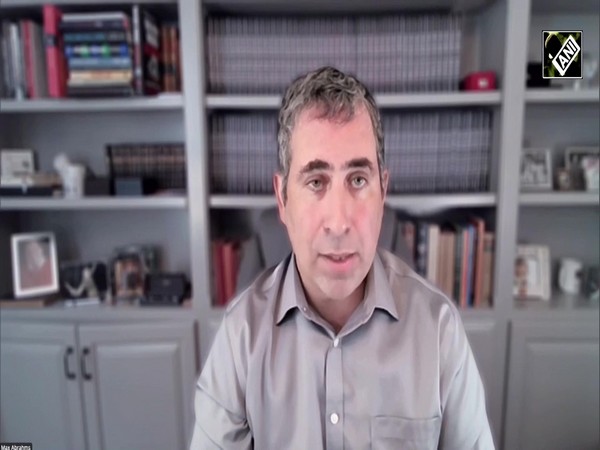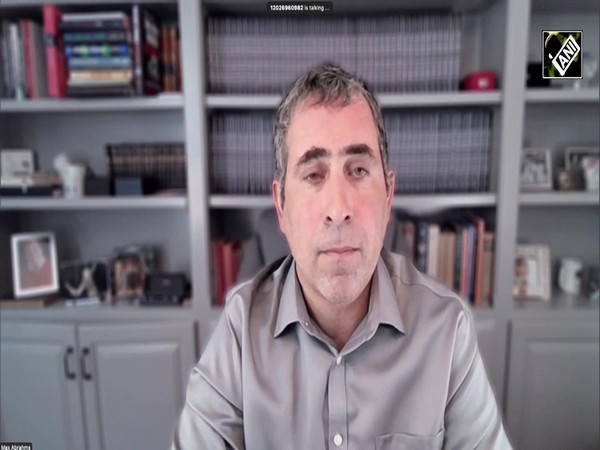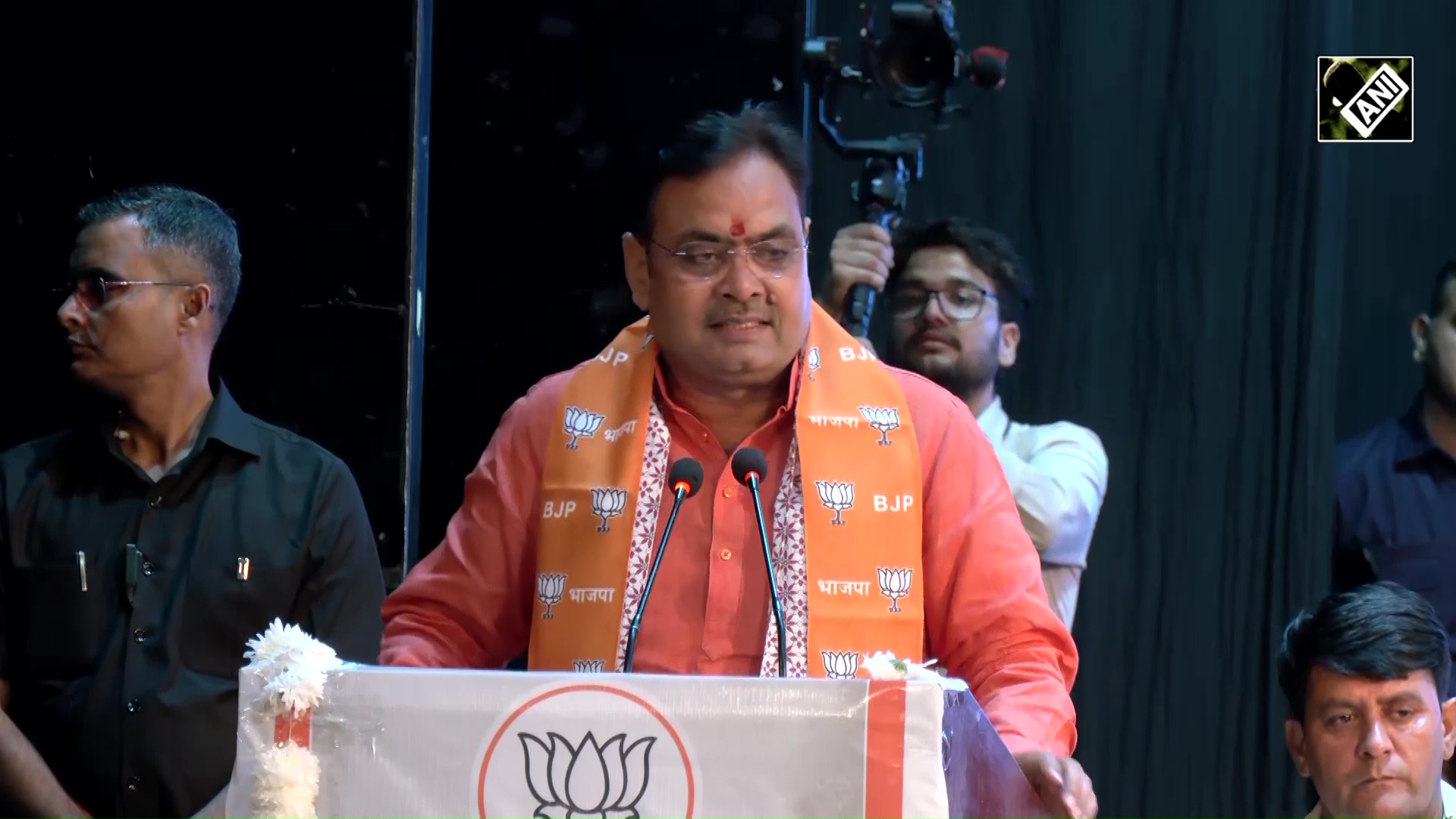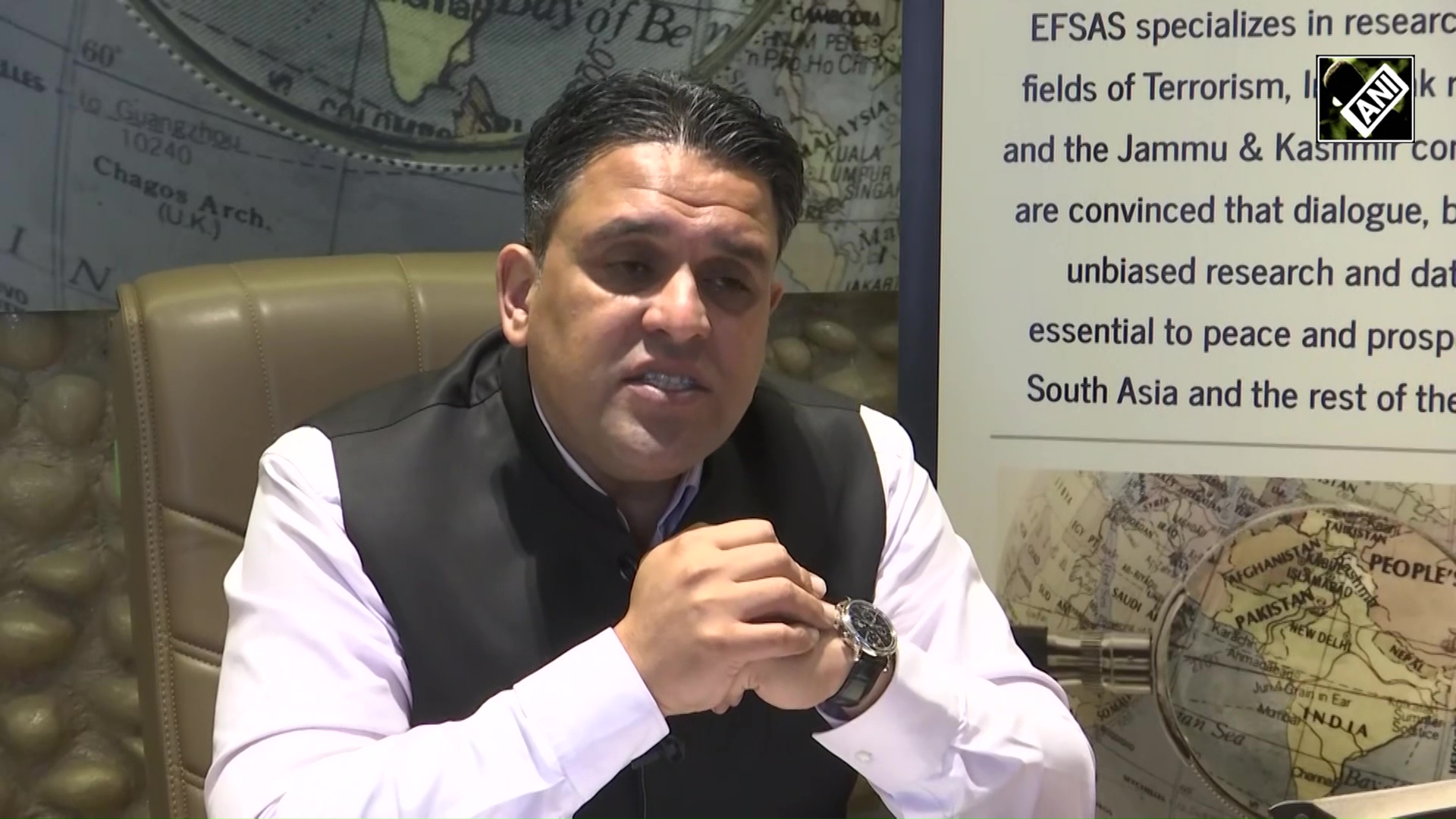White House says nothing changed about One China policy, US does not support Taiwan independence
Aug 02, 2022

Washington [US], August 2 : US National Security coordinator John Kirby on Monday said that the United States is clear about its One China policy and does not support "Taiwan independence" amid the reports of US House Speaker Nancy Pelosi's visit to Taiwan.
"We are clear that nothing has changed about our one China policy which is guided by Taiwan Relations Act. We do not support Taiwan's independence," Kirby said while addressing a media briefing.
"We expect to see China use inflammatory rhetoric and disinformation in the coming days," Kirby added.
He said that the administration of US President Joe Biden has "been nothing but clear with the Chinese about where we stand on the issues and the One China policy and our support for a free and open Indo-Pacific."
According to media reports, the US House Speaker is expected to arrive in Taiwan on August 2 and meet with Taiwanese President Tsai Ing-wen.
Pelosi is going to visit Taiwan, with scheduled meetings with government officials at the self-governed island that China threatens to forcefully overtake, media reports said citing a senior Taiwanese government official and a US official.
The Taiwanese official added that she is expected to stay in Taiwan overnight. It is unclear when exactly Pelosi will land in Taipei.
Since the reports of the US House Speaker's visit were released last month, Beijing has been warning of Nancy's Taiwan visit saying that it will act strongly and take countermeasures if the US side insists on going ahead with the visit. The Chinese officials have said Pelosi visiting Taiwan would violate the One China Policy and would constitute aiding an illegal rebellion.
Amid the reports of Nancy's visit, Kirby said, China conducted exercises over the weekend but the US will not be intimidated, as it has no interest in increasing tensions with China.
He said, "China appears to be positioning itself to potentially take further steps in the coming days and, perhaps, over a long time horizon," adding, "These potential steps include military provocation, such as firing missiles in the Taiwan Strait or around Taiwan."
"We will not take the bait or engage in sabre-rattling," he continued. "At the same time, we will not be intimidated."
"Nothing about this potential visit ... would change the status quo and the world should reject any PRC effort to use it to do so," Kirby added.
The issue of Taiwan has been at the forefront of US-China relations in recent months. China has on many occasions firmly opposed any form of official interaction between the United States and the Taiwan region.
China stresses that both sides of the Taiwan Strait belong to one and same China. China firmly opposes separatist moves toward "Taiwan independence".
US should abide by the one-China principle, which is the political foundation for China-US relations.
Taiwan and mainland China have been governed separately since the defeated Nationalists retreated to the island at the end of the Chinese civil war more than 70 years ago. But China's ruling Chinese Communist Party (CCP) views the self-ruled island as part of its territory despite having never controlled it.
